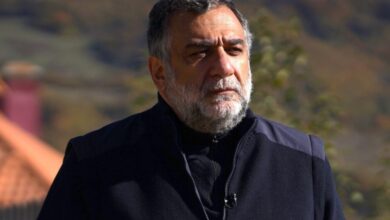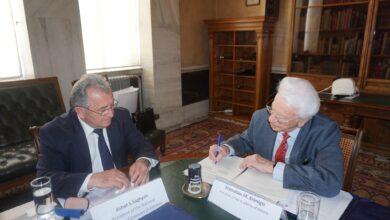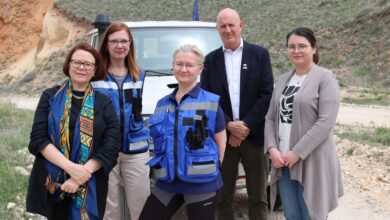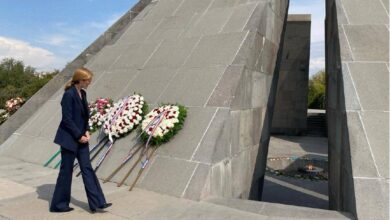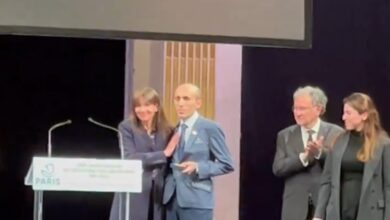Armenia and Georgia connect to GÉANT, join the global research community
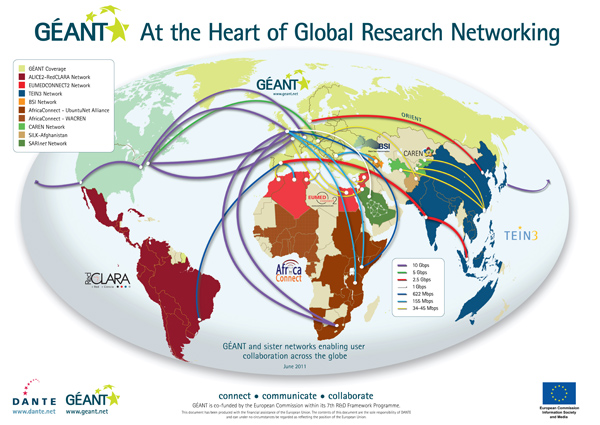
Researchers and students across Georgia and Armenia are now able to participate in collaborative work with their peers in Europe and other parts of the world thanks to two direct Internet links to the pan-European GÉANT network recently implemented through the EU-funded EaPConnect project.
EaPConnect aims to create a world-class regional research and education (R&E) network in Armenia, Azerbaijan, Belarus, Georgia, Moldova and Ukraine, and connect it to the European network. It is in line with the recently revised European Neighbourhood policy that aims for increased interconnectivity and economic development for the European Union and its neighbours.
“The project will further contribute to Europe being a hub for global research and education collaboration”, said DG NEAR Director for Neighbourhood East Lawrence Meredith. “EaPConnect is bridging the digital divide and bringing people together. We are proud to support the integration of Armenia and Georgia into the global landscape”.
“Armenia has a long history of achievements in scientific research. Connecting to the GÉANT network will bring positive outcomes to our pool of talents and projects while contributing to advance European and global science,’’ said Dr Hrachya Astsatryan, head of the Center for Scientific Computing at the National Academy of Sciences of Armenia.
Steve Cotter, CEO of GÉANT, commented: “We are proud to welcome two new members to the European research and education community and expand to over 40 connected local networks. GRENA and ASNET-AM are already established partners of global scientific institutions such as CERN in nuclear research and physics and the European research community looks forward to extending their collaboration with their Georgian and Armenian colleagues.’’
“The Georgian research community has a strong interest in European Technologies and scientific values. I believe that scientists working in high-energy physics, medicine, meteorology, climate change, seismology and computational biology will greatly benefit from the established network and implemented service,’’ said Dr Ramaz Kvatadze, Executive Director of GRENA.



